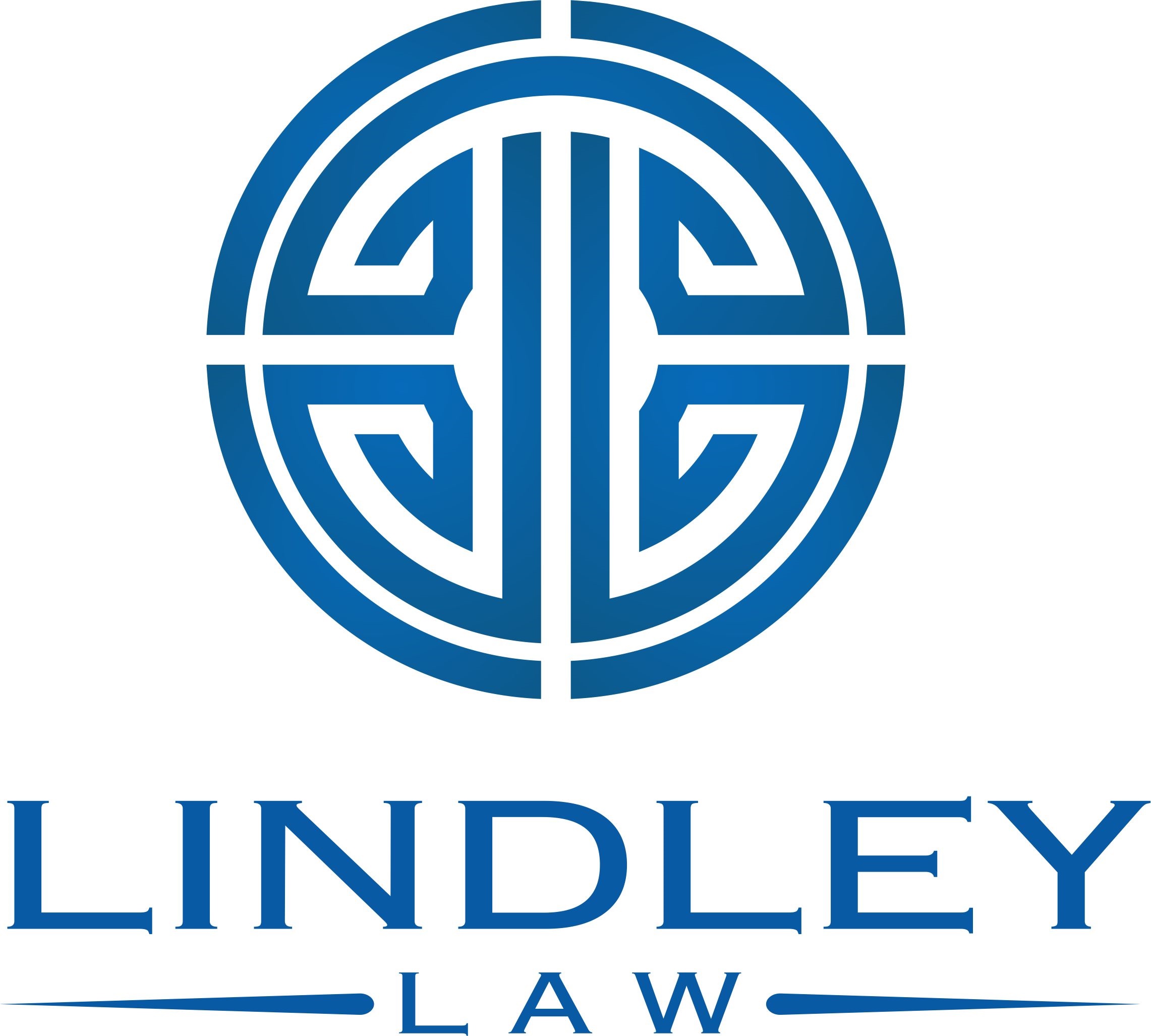The North Carolina Business Court (“Business Court”) is a specialized forum designed to adjudicate cases involving complex and significant issues of corporate governance and commercial law. If a dispute involves one of the subject matters enumerated in North Carolina General Statute § 74-45.4, then the case shall be designated and assigned to the Business Court. Cases may also qualify for discretionary assignments to the Business Court under Rule 2.1 of the General Rules of Practice for Superior and District Courts if it does not qualify for mandatory designation but involves certain other factors.
Mandatory designations are governed by statutory time periods, which the Business Court strictly applies. When the party seeking designation is relying on the contents of its own pleading for designation, the notice of designation must be filed contemporaneously with that pleading. If the party seeking designation is the answering party, it must file a notice of designation within thirty (30) days of the service of that pleading. The notice of designation must “not only describe how the case falls within one or more categories of section 7A-45.4, but further identify factors that demonstrate why the Business Court is the appropriate venue for that case.”[1]
The typical situation is one in which a complaint involves a claim that contemplates one of the mandatory grounds for Business Court designation, so the plaintiff files a notice of designation contemporaneously with filing the lawsuit. If the defendant wishes to base its notice of designation on both the complaint and its own counterclaim, it must act quickly as the thirty (30) day requirement is construed strictly. The notice of designation would need to be filed within thirty (30) days of service of the complaint and contemporaneously with the counterclaim, notwithstanding the typical practice of getting a thirty (30) day extension of time to file an answer. If the counterclaim is the first pleading to warrant a designation to the Business Court, then the thirty (30) day period is measured from the filing of the counterclaim. As if these requirements are not confusing enough, the rules get even trickier when a Complaint is filed, then a notice of designation, followed by filing a counterclaim that would also warrant designation. This situation was addressed by the Business Court in February 2016.
The case, Composition Fabrics of America, LLC v. Edge Structural Composites, Inc., involved a contract dispute.[2] Composition Fabrics of America (“Composition Fabrics”) filed a Complaint against Edge Structural Composites (“Edge”) on September 25, 2015. After the case was removed by Edge to federal court, then remanded back to state court, Composition Fabrics filed an Amended Complaint on December 17, 2015. Edge filed its Notice of Designation on January 8, 2016, certifying the lawsuit qualifies as a mandatory complex business case. Composition Fabrics filed an Opposition, asserting the lawsuit did not involve issues mandating a designation to the Business Court. Edge filed its Answer and Counterclaim to the Amended Complaint on January 21, 2016, then filed a response to Composition Fabrics’ Opposition on January 28, 2016, arguing in favor of the designation drawing from claims in both the Amended Complaint and Counterclaim.
Since Composition Fabrics amended its Complaint and Edge filed its Notice of Designation within thirty (30) days of the Amended Complaint, the Business Court could properly consider whether the case involved material issues within the scope of 7A-45.4 based on the allegations in the Amended Complaint alone. But, since Edge filed the Notice of Designation before its Counterclaim, the allegations in the Counterclaim were not considered. Even so, the Business Court explained it is not required to completely disregard Edge’s Counterclaim. It can use the Counterclaim to “inform it” of whether the Amended Complaint necessarily includes material issues within the scope of the matters upon which a designation is allowed. In support of this logic, the Business Court clarified in considering whether a case qualifies as a mandatory complex business case, it has not historically been confined to the causes of action asserted in a complaint, but can also examine the underlying factual allegation.
In its Order, the Business Court also noted while a party may use its own counterclaim as the basis for a notice of designation, the right can be lost. If a defendant foregoes designating a case which would have been appropriate based on the complaint, and the thirty (30) days lapse, the party cannot later renew its right to designate by filing a counterclaim.
As the rules are currently written, any answering party who believes its case should be designated to the Business Court should think and act fast, as it only has thirty (30) days to file either a notice of designation based on the complaint, or its own counterclaim, and notice of designation for the same. It is important to note, however, revised rules for the Business Court have been drafted and will likely be implemented in the coming years. You can view the proposed revised rules HERE and they are available for public comment through April 1, 2016.
[1] General Rules of Practice and Procedure for the North Carolina Business Court, Rule 3.1 (2006).
[2] Composite Fabrics of America, LLC v. Edge Structural Composites, Inc., et al., North Carolina Business Court, File No. 15-CVS-453 (February 5, 2016).




